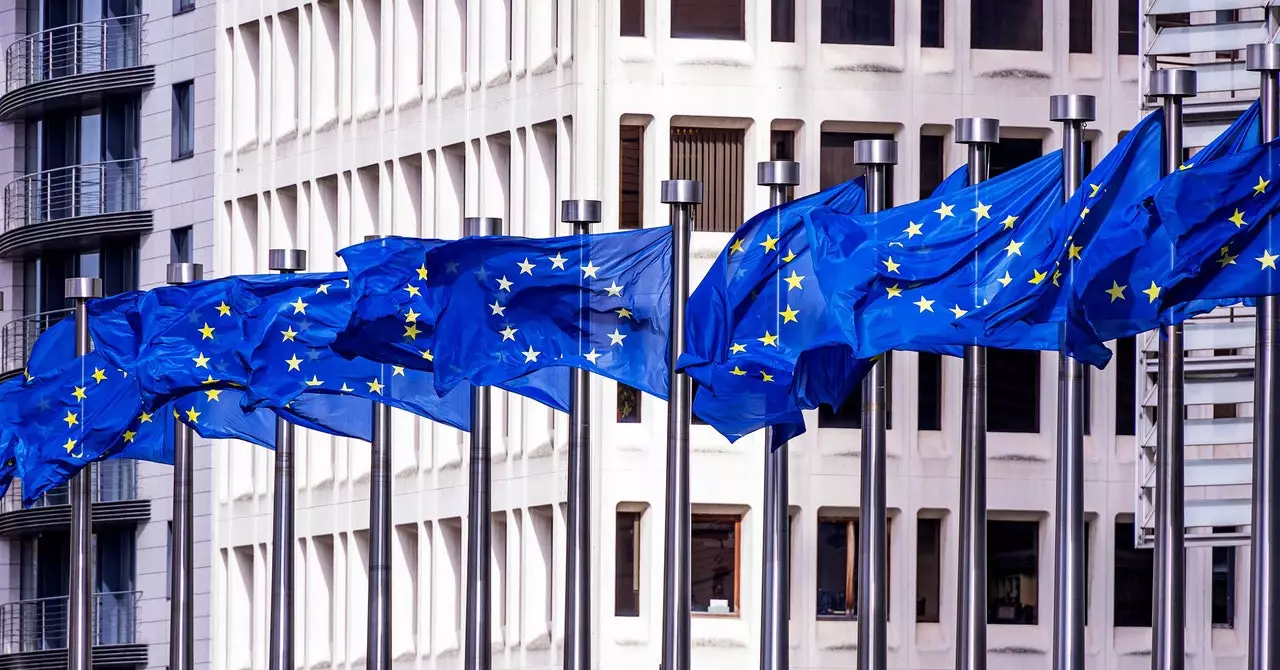The European Commission has set its sights on Microsoft’s search engine, Bing, as the latest target in its ongoing regulatory battles with big tech companies. Suspicions have arisen that Microsoft has not adequately moderated content generated by AI systems on Bing, Copilot, and Image Creator, potentially violating the Digital Services Act (DSA) – one of Europe’s latest digital regulations.
In recent years, the European Commission has ramped up its efforts to hold major tech players accountable for their actions. Past fines and sanctions against companies like Google, Meta, and Apple have marked a shift in strategy, focusing on understanding and modifying the operations of these corporations before resorting to punitive measures.
Europe’s regulatory framework for the digital realm includes a range of legislation aimed at ensuring transparency, combating online harassment and disinformation, protecting minors, and addressing unethical design practices. The Digital Services Act (DSA) is a key part of this effort, requiring major tech companies to adhere to strict guidelines in areas such as algorithms, advertising, and user profiling.
The European Commission has identified 22 multinational corporations, including Google, Meta, Bing, X, Snapchat, and Amazon, as primary targets for regulatory scrutiny. These companies face increasing pressure to comply with European regulations and cooperate with investigations into their practices. Recent actions against Meta and Microsoft demonstrate the Commission’s commitment to holding tech giants accountable.
In addition to the DSA, the European Union has introduced other legislation such as the Digital Markets Act (DMA), the AI Act, the Data Governance Act (DGA), and the Data Act. These laws aim to address various aspects of digital governance, including competition in online markets, artificial intelligence, data protection, and cybersecurity. The multifaceted regulatory landscape reflects the EU’s determination to assert its authority over the digital sphere.
While the European Commission has achieved some successes in regulating big tech companies, challenges remain. The complexity of digital bureaucracy, coupled with the evolving nature of technology, presents ongoing obstacles to effective governance. As investigations continue and new regulations are introduced, the EU must navigate a rapidly changing landscape to ensure that its regulatory efforts yield positive outcomes.
Europe’s crackdown on big tech giants reflects a broader effort to establish control over the digital realm and protect consumers from harmful practices. By enforcing regulations and holding companies accountable for their actions, the European Commission seeks to create a safer and more transparent digital environment for all users. However, the road ahead is fraught with challenges, and the complex interplay between technology and regulation will require ongoing adaptation and vigilance to ensure effective governance in the digital age.


Leave a Reply